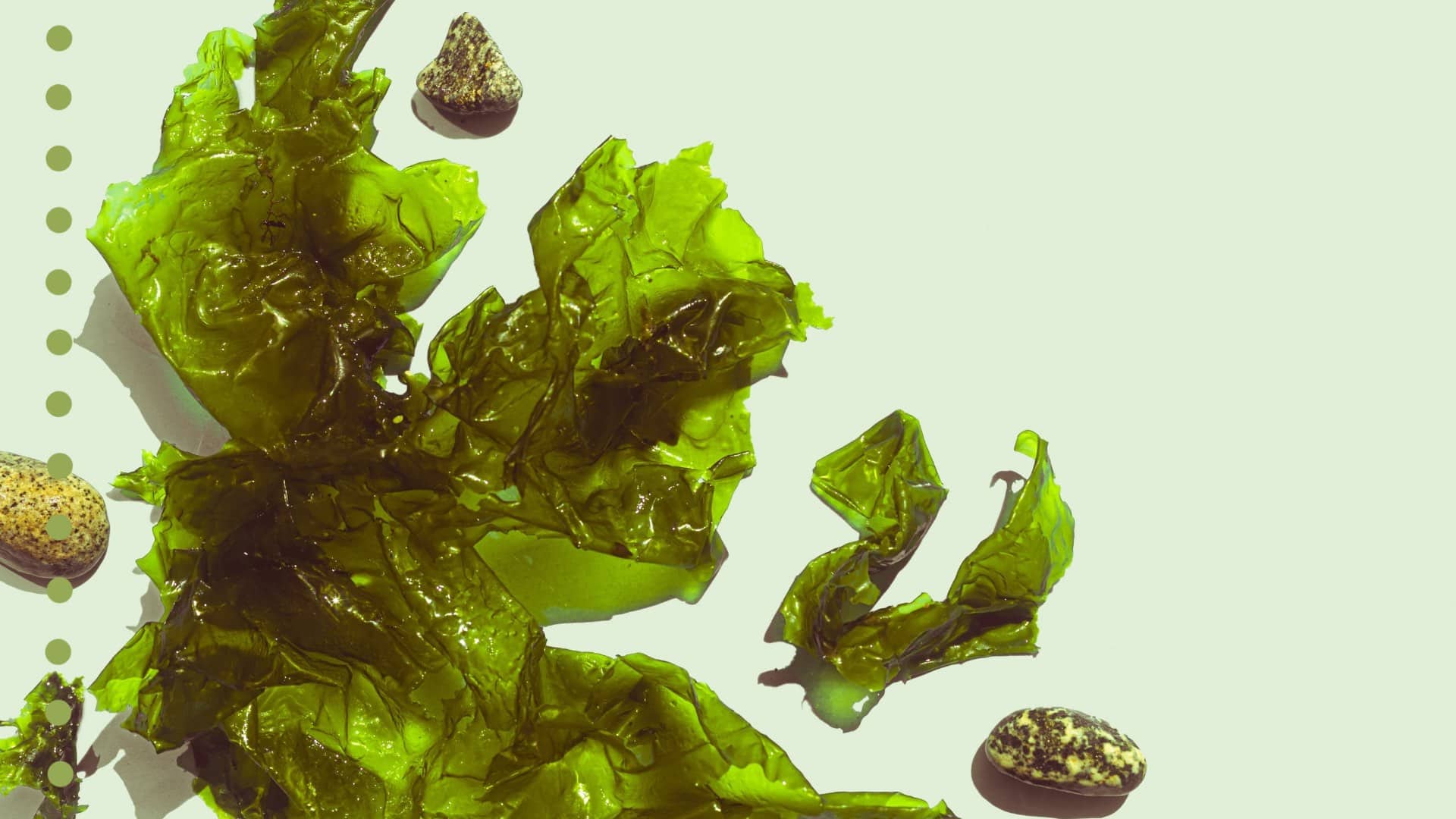What is iodine?
Iodine is an essential trace mineral. It’s not made by the body, so it must be obtained by food or supplements. Iodine is found naturally in some foods (mainly meat and sea vegetables) and is added to supplements and some salt seasonings.
Iodine is needed to make the thyroid hormones thyroxine and triiodothyronine, which assist with the creation of proteins and enzyme activity, as well as regulating normal metabolism. The body also needs thyroid hormones for proper bone and brain development during pregnancy and infancy. Without enough iodine, these thyroid hormones don’t function properly and can lead to an under-active or overactive thyroid gland.
Iodine Benefits
- Regulates metabolism
- Creates energy
- Helps cells function and grow
- Promotes thyroid hormone production
- Supports development during pregnancy and infancy
How much iodine do you need per day?
Average daily recommended amounts are listed below in micrograms (mcg). 1 milligram (mg) is equal to 1000 micrograms (μg)
- Adult Women: 150 mcg
- Adult Men: 150 mcg
- Pregnant/Breastfeeding Women: 220 – 290 mcg
Natural sources of iodine
- Seaweed: nori, kelp, kombu, wakame
- Fish and shellfish: cod, tuna, oysters, shrimp
- Table salts labeled “iodized”
- Dairy milk
- Cheese
- Eggs
- Yogurt
- Beef liver
- Chicken
Learn about iodine deficiency symptoms.
Further reading: Harvard School of Public Health, National Institutes of Health (1), (2)
